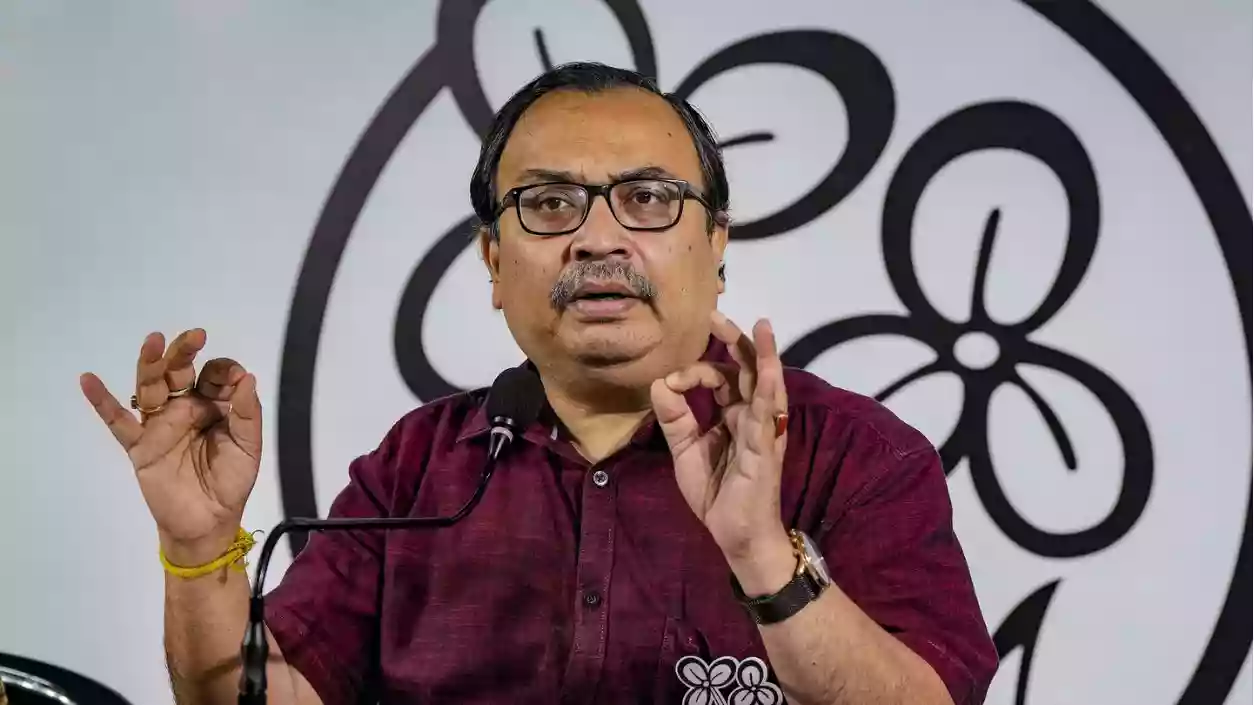Thailand announces e-visa for Indians from Jan 1, 60-day exemption to continue
.gif)
.gif)

Kunal Ghosh, a senior political figure from the Trinamool Congress, ignited significant controversy during the Bijoya Sammelan in Nandigram by targeting a specific segment of the medical community. In his remarks, Ghosh criticized what he referred to as "mask-wearing doctors" who juggle their duties across different locations but abandon their responsibilities by fleeing to Kolkata to practice. He called for public vigilance, urging attendees to note the names of these doctors and promising to submit a list of them to the administration.
The junior doctors have been engaged in a hunger strike for the past 16 days, primarily demanding better hospital infrastructure, improved working conditions, and adequate staffing levels. They argue that the lack of resources severely hampers their ability to provide quality healthcare to patients. The strike is not just a protest against poor conditions but also a call for systemic reform in the healthcare sector, which has been strained by rising patient numbers and insufficient support from the government.
In light of Ghosh's allegations, a representative from the protesting doctors proposed the implementation of biometric attendance systems to enhance accountability in hospitals. This system would allow for precise monitoring of doctors' presence and combat absenteeism. He asserted that if any healthcare professionals are found engaging in illegal activities, it is the government's responsibility to investigate and take action, reiterating that the focus should remain on their ten-point demands rather than distractions from political rhetoric.
Ghosh’s accusations extend to the integrity of medical practices, as he claimed some doctors misuse patient prescriptions for personal financial gain, potentially collecting commissions from laboratories for referrals. This assertion has sparked outrage among the medical community, with many doctors calling it a baseless attack on their ethics. Several healthcare professionals responded, emphasizing that they adhere to strict ethical guidelines and that such allegations threaten their reputation and trust with patients.
The junior doctors' protests reflect deeper issues within the healthcare system, highlighting a crisis that has persisted for years. They are advocating for better safety measures, competitive salaries, and an increase in resources to manage rising patient loads, especially in public hospitals. Many doctors are also calling for the government to enhance the training and hiring of medical staff to ensure that healthcare services can meet the growing demands of the population. As the protests continue, public sentiment appears to be shifting, with increasing support for the doctors’ cause.